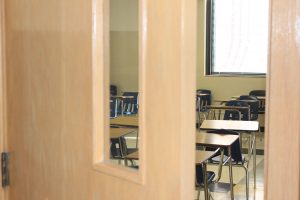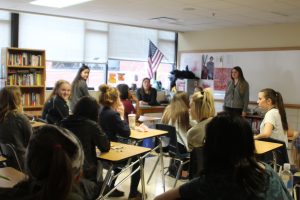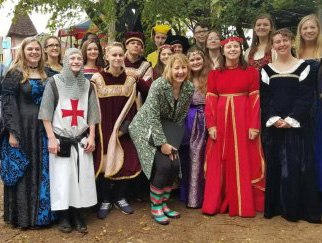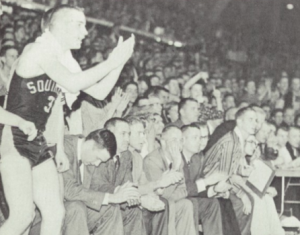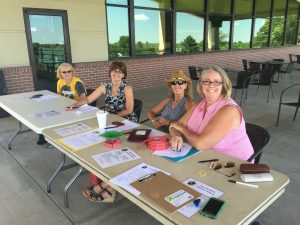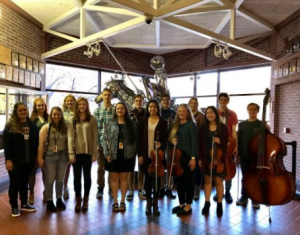Music
The mission of music education in Lincoln Public Schools is to enrich the lives of all students through the experiences of creating, performing, and responding to music.
Purpose Statements
The comprehensive, sequential study of music in Lincoln Public Schools will be taught by highly qualified music educators in order to:
Develop
- Lifelong learners in music
- Performers of music
- Consumers of music
- Listeners and critical thinkers of music
- Innovators in music
Facilitate
- Individual creativity
- Musical literacy
- Cooperative learning
Foster
- The discovery of intrinsic and aesthetic values of music
- An enjoyment of music
- Ways to recognize, celebrate, and preserve cultural heritages and backgrounds
Values
Guiding values supporting vision of music education in Lincoln Public Schools:
- Excellence
- Knowledge
- Accountability
- Artistry
- Engagement
- Inclusiveness
- Collaboration
- Innovation
- Joy
- Community
Music is an integral part of our society and as a discipline must be a component of the core curriculum for all students in grades K-7 and a viable elective for all students in grades 8-12. Students in all grades must have opportunities to continuously develop their musical skills and knowledge to their fullest potential. The study of music addresses the diverse needs, talents, interests, learning styles, and cultural backgrounds of students. Furthermore, the process of music education fosters cooperative behavior, critical thinking, and problem-solving skills that will be needed for successful living. Music education in Lincoln Public Schools is essential to provide all students with a means for promoting life-long appreciation and creative expression of music.
Music courses are considered co-curricular which refers to learning experiences that extend outside of the school day to complement, in some way, what students are learning in school—i.e., experiences that are connected to or mirror the academic curriculum. A performance-based class such as band, choir, or orchestra are an important component of our schools and must have sufficient opportunity to demonstrate their achievements by means of public performance. Because music is an aural art, public performances constitute an essential aspect of the music curriculum and serve as a necessary laboratory experience for the students. From the standpoint of the community, public performances by school music ensembles not only demonstrate what learning is taking place in the music classroom, but also provide an important source of enrichment and enjoyment to a broad segment of the populace.

